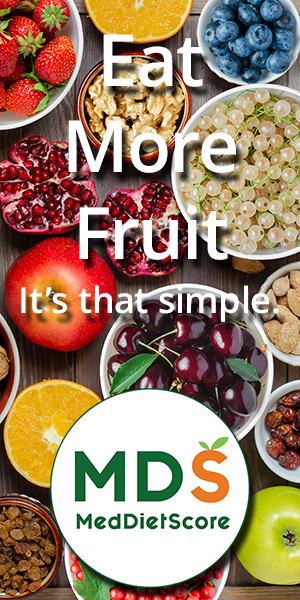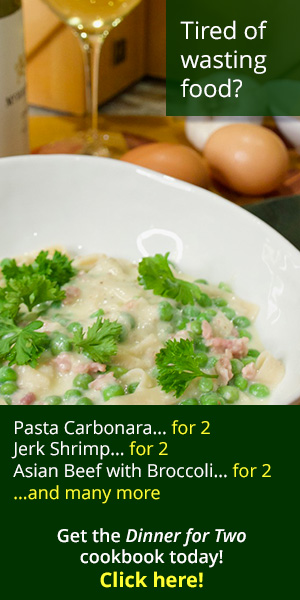
How can my friend control her Vitamin K intake and increase her iron intake?
My friend recently had a heart valve replacement, so controlling blood thickness with Coumadin is a lifelong process. She must avoid Vitamin K, as all Coumadin users must; however, the doctors have taken her off Vitamin E and now she is having severe iron deficiency....
How do you recommend she change her diet to include iron without resorting to vegetables, grains, and beans rich in Vitamin K?
The Health meets Food Team Says...
If your friend has iron deficiency anemia this needs to be investigated further. There can be many causes, but one concern is chronic bleeding. This can happen with young women who are still menstruating, for example. The blood loss leads to the body's iron stores being used up. Another problem could be slow bleeding somewhere inside the intestine that is not being seen but is leading to the iron deficiency. With the use of Coumadin® (warfarin) this is especially of concern.
If the causes for bleeding are ruled out, then replacing iron with supplements is a good idea. This will provide an adequate supply of iron daily. It is true that many of the green leafy vegetables that have a lot of iron also have a lot of Vitamin K. As you say there is a balancing act involved in eating foods that are higher in Vitamin K. Here is a list from the FDA of foods that are high in iron.
If your friend is going to increase the amount of Vitamin K in her diet she should speak with her physician. The changes should be monitored closely because as one eats more foods that are high in Vitamin K more Coumadin® (warfarin) may be needed. The key is to eat about the same amount of foods that have Vitamin K in them each day so that the levels are stable. This will help with keeping the INR stable.
By looking at these lists you and your friend can get an idea of foods that she likes and then she can eat something off the list each day so that there is a consistent daily amount of Vitamin K in her diet. Have her take the list to her doctor for review. They can also make plans for monitoring her INR. Her doctor can recommend the best dose of iron supplement as well.
Here are two lists that review common foods based on increasing levels of detail about the Vitamin K content of foods.
Brief | En Español (PDF Format): A short list of commonly-used ingredients with their relative levels of Vitamin K (Low, Medium, High)
Medium | En Español (PDF Format): A longer list of foods, with their relative Vitamin K levels (Low, Medium, High).
Thanks for writing.
Read Related Questions
Are there supplements you can take to help reduce your dose of Coumadin®?
Can you wean down your dose of Coumadin®?
Does Coumadin cause fatigue?
How can I manage my Vitamin K intake on the Jenny Craig diet plan?
Does Coumadin (warfarin) cause weight gain?
Does Coumadin (warfarin) affect your metabolism and cause weight gain?
Is there a low-sodium diet plan for those on Coumadin?
Resources for renal/diabetic patients on Coumadin?
My husband has gout, GERD, and is on Coumadin. What can I cook for him?
Ask Health meets Food
It’s easy to get answers about health and nutrition! Just send your question by email to [email protected] and the team will respond to selected questions of general interest. Answers will be posted on the website and archived in the Ask Health meets Food section of the website.
Please note that the Ask Health meets Food feature is restricted to questions regarding food and nutrition. Due to the many questions we receive, not all questions may be answered. For more specific questions about your individual health, please contact your doctor.



